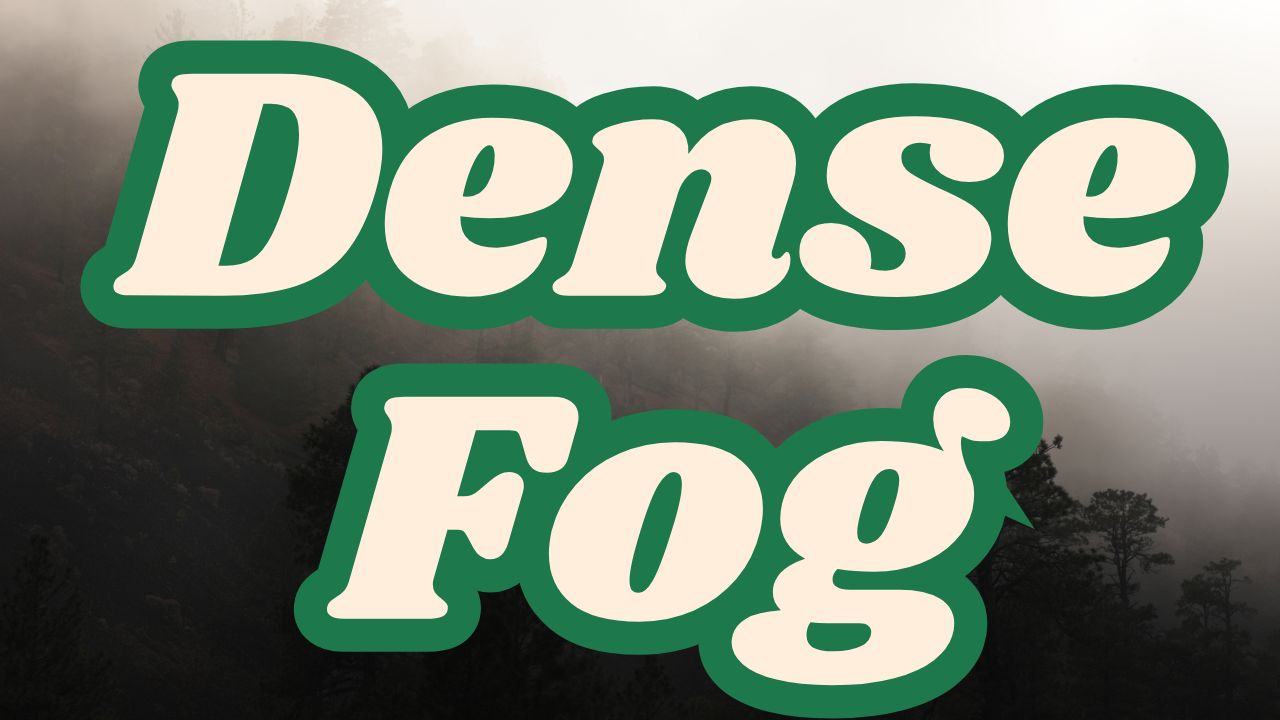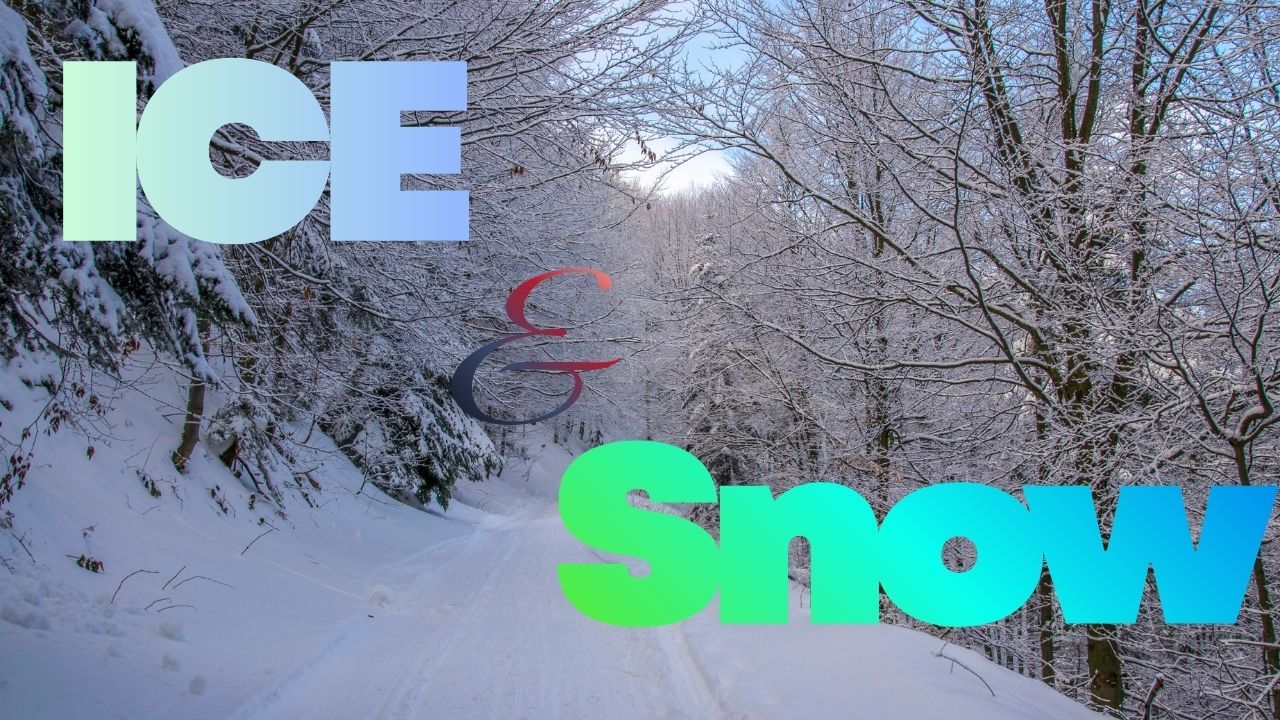Des Moines, IA – The National Weather Service (NWS) in Des Moines has issued a Dense Fog Advisory for large parts of central and northern Iowa early Thursday morning, warning of visibility dropping to a quarter mile or less through 10 a.m. CDT. Motorists are being urged to slow down and use extra caution during the morning commute.
The Weather Event: Fog Blankets Central and Northern Iowa
According to the National Weather Service, dense fog developed overnight across portions of Interstate 35, Highway 20, and Highway 30, creating dangerously low visibility for early morning travelers.
Cities affected by the advisory include Mason City, Ames, Fort Dodge, Boone, Carroll, and Estherville, along with other nearby communities. Visibility in some areas has been reported at less than ¼ mile, especially across open fields and rural routes.
Meteorologists say the fog is the result of light winds, clear skies, and cooling temperatures overnight, which allowed moisture near the ground to condense rapidly before sunrise.
Safety Warnings and Driving Recommendations
The NWS and Iowa Department of Transportation (DOT) have issued multiple alerts urging drivers to slow down, use low-beam headlights, and maintain greater following distances to reduce the risk of collisions.
“Dense fog can form rapidly and reduce visibility without warning,” said an NWS spokesperson. “Motorists should use extreme caution, especially when driving near open fields or bridges where fog tends to settle.”
Officials also warned against the use of high-beam headlights, which can reflect off the fog and worsen visibility. Drivers are encouraged to avoid sudden lane changes or abrupt stops and allow for extra travel time during the morning commute.
Impact on Travel and Morning Commutes
Traffic authorities expect slower travel speeds across major routes, including I-35 and Highway 30, where the fog is most dense. Commuters in Ames, Boone, and Mason City are advised to leave early and drive defensively.
The Iowa State Patrol has not reported any major accidents as of early Thursday, but warned that “conditions could deteriorate quickly in certain low-lying areas.”
School transportation services in affected regions are also monitoring conditions and may delay bus routes if visibility remains poor through the early morning hours.
Forecast and Weather Outlook
The fog is expected to lift gradually by mid-morning as temperatures rise and light winds increase, improving visibility across central and northern Iowa. Once the fog dissipates, skies will remain mostly clear for the rest of the day, providing dry and calm conditions through Thursday afternoon.
However, overnight lows are forecast to dip near freezing again in northern Iowa, which could lead to patchy frost early Friday morning. Meteorologists recommend that residents protect sensitive plants and outdoor equipment from potential frost damage.
Background and Weather Context
This week’s fog event marks the third dense fog advisory issued in Iowa this October, part of a pattern of cool, calm mornings following unseasonably warm afternoons. Such conditions create ideal setups for radiational fog, a common phenomenon during seasonal transitions.
Experts note that as the state moves deeper into fall, fog advisories are likely to increase in frequency, particularly in agricultural and river valley areas where moisture lingers longer after sunset.
Conclusion
While Thursday’s fog is expected to clear by late morning, drivers are urged to remain cautious and plan for slower-than-normal travel across central and northern Iowa. Once skies clear, the region can expect mild, dry conditions through the afternoon before another cool, frost-prone night settles in.
What are road conditions like in your area this morning? Share your travel updates and experiences in the comments below.




